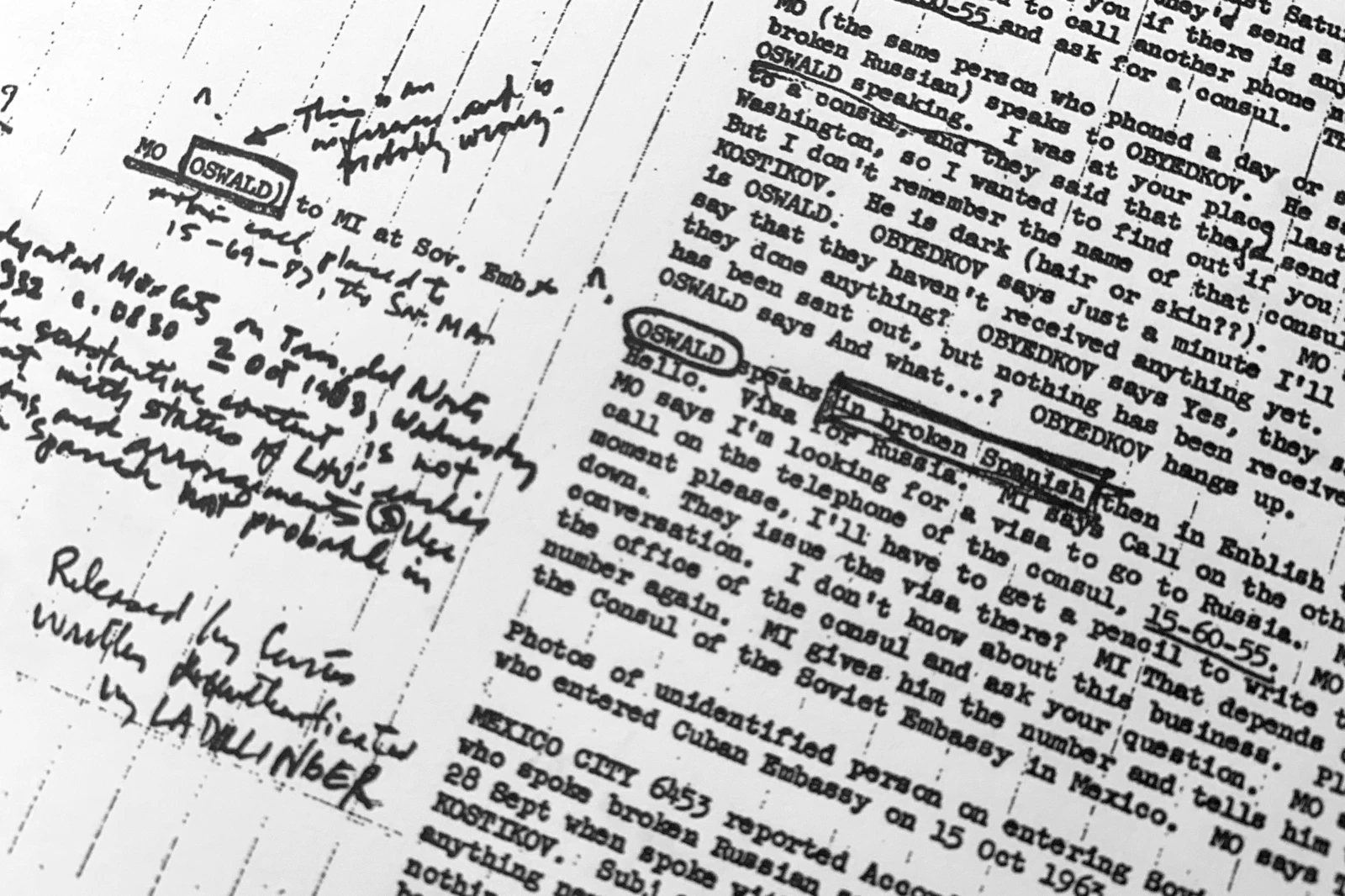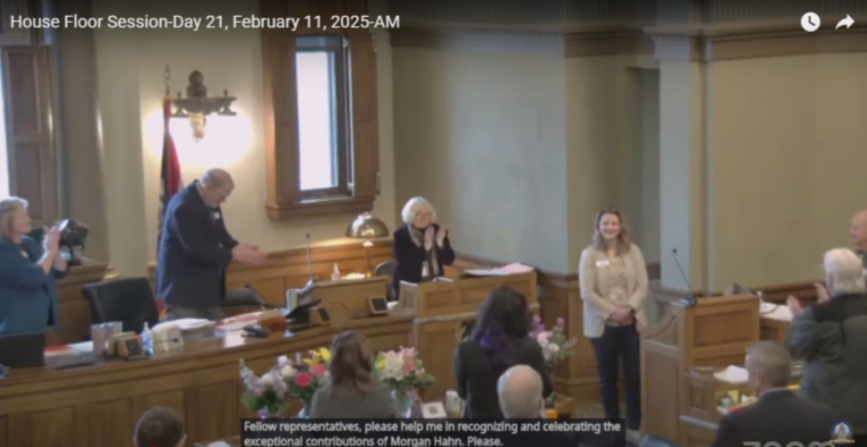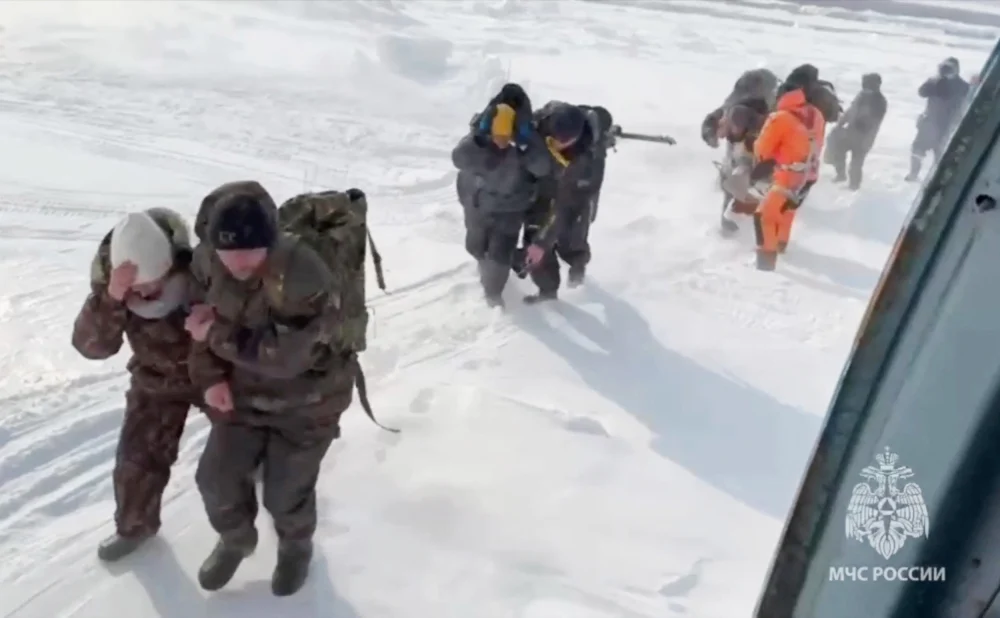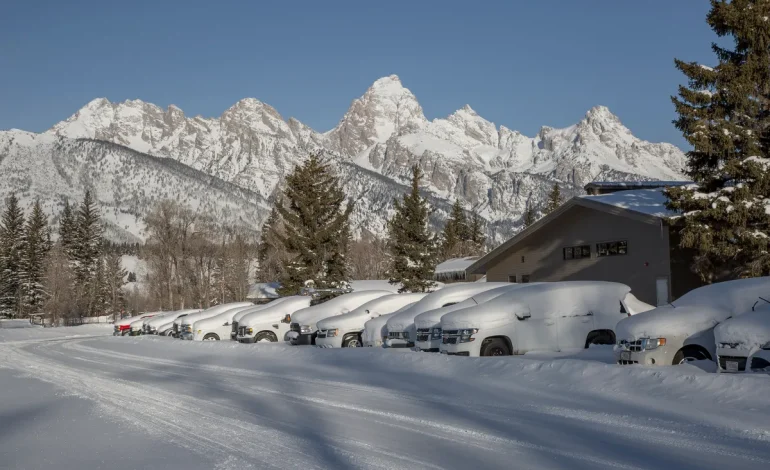On February 10, the Wyoming Senate rejected a resolution that called for the transfer of all public lands in the state, excluding Yellowstone National Park, from federal control to the state.
The resolution, SJ0002, failed its third reading vote, with 15 senators voting against it, thereby maintaining the status quo of federal ownership of approximately 30 million acres of land in Wyoming.
The resolution argued that Wyoming should have sovereignty and jurisdiction over all of its land. Governor Mark Gordon had expressed support for the idea of increasing state control over lands, stating that it would provide more opportunities for leaseholders and permit holders to acquire land. The governor made it clear that this was one of his priorities for the current term.
Most of Wyoming’s public lands are owned by federal agencies, such as the National Park Service, US Forest Service, Bureau of Land Management (BLM), Bureau of Reclamation, and Fish and Wildlife Service. These agencies impose restrictions on activities like mineral extraction and other types of development, which proponents of the resolution had hoped to alleviate by bringing the lands under state control.
Opponents of the resolution, including business owners like Luke Todd, owner of The Sports Lure in Buffalo, argue that public lands are vital to Wyoming’s economy, particularly for outdoor recreation-related businesses. Todd, speaking to Keep it Public, Wyoming, emphasized that public lands contribute significantly to the state’s economy, supporting jobs and generating tax revenue. He warned that proposals to limit public access to these lands would negatively affect businesses dependent on tourism and outdoor activities.
In addition to the failed resolution, another piece of legislation, House Bill 118, has been introduced. This bill would prevent the sale of both public and private land to the federal government if such transactions result in a net gain. Gabrielle Yates, a representative from the Wyoming Outdoor Council, expressed concern that this bill could complicate land exchanges and infringe on property rights, potentially reducing landowners’ ability to make decisions about their property.
With input from Wyoming News Now and Buckrail.








